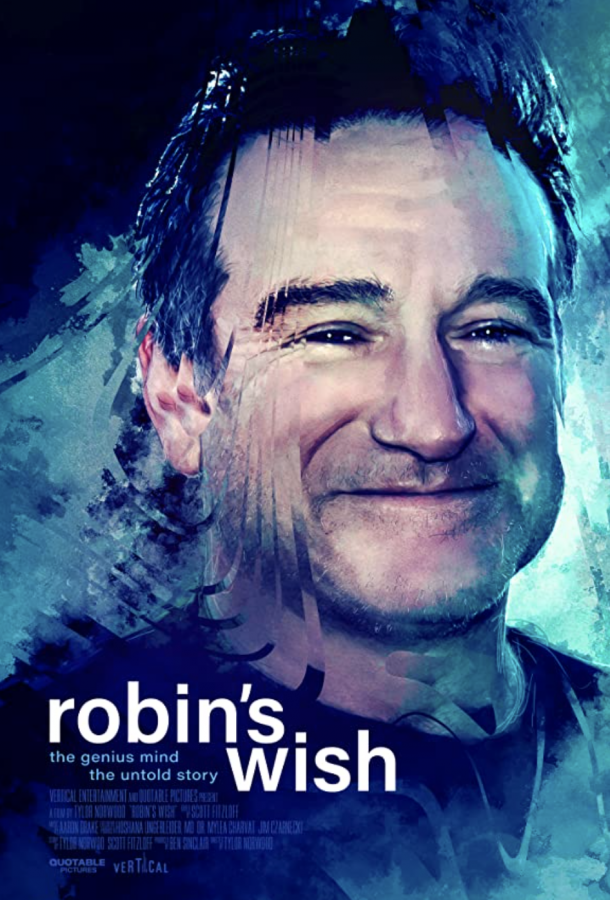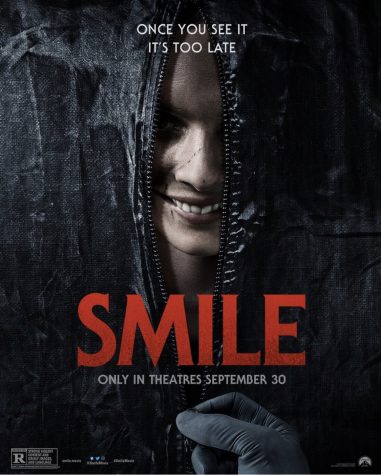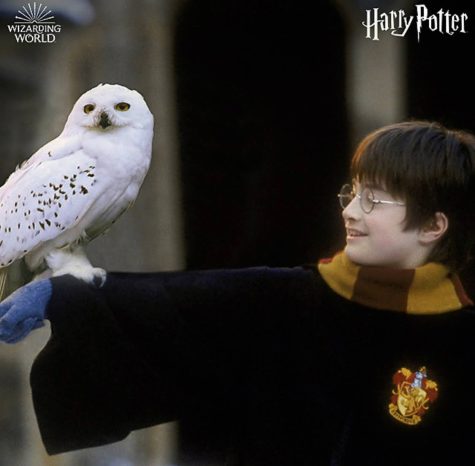“Robin’s Wish” review: bringing awareness to a degenerative disease
It has been six years since the news broke of comedian Robin William’s death. In the newly released documentary, “Robin’s Wish,” viewers can take a look at William’s last months and his diagnosis of Lewy body dementia. This tribute highlights his accomplishments and shares the perspectives of his loved ones as they watched him fade during his final months.
Directors Tylor Norwood and Susan Schneider Williams — William’s wife — reminisce on how he was handling his illness. Schneider recalls Williams crying, saying, “I just want to reboot my brain,” which is the main statement focused on throughout the film.
The “Night at the Museum” director Shawn Levy says that his “spark was diminished” as Robin was not himself while filming. During his final films, he was struggling to memorize lines and even complete a scene, whereas normally he was known to creatively come up with dialogue. With a false diagnosis of Parkinson’s disease, he knew he was disintegrating and anxiously tried to fight it.
Dr. Bruce Miller, Director of the Memory and Aging Center at UCSF, along with other specialists, share their expertise on how this type of dementia physically and mentally depletes someone. At the level in which his disease was, Dr. Miller says, “it really amazed me that Robin could walk or move at all,” but he pushed through it. Within six months that he was suffering, his symptoms quickly became worse although many tests and brain scans showed that nothing was wrong. This documentary serves as a diary of showing these scary final days, where he felt as if he was slowly losing his mind.
Many friends and neighbors of Williams were interviewed to share how they viewed his worsening conditions. Williams’ early life as an entertainer is shown, and it is no secret why he is loved by millions as he was filled with joy, humor and energy. His neighbors saw him as an ordinary and normal man.
“Robin’s Wish” glances at Robin’s early life as he was a student studying at Julliard to the moment where he met his wife Susan. They touch on the many hardships he faced from his divorces, history of drug use, death of his good friend John Belushi and the paralysis of his friend Christopher Reeve. Snippets of his projects are broadcasted, showing off his work in “Aladdin” and his friendly nature with the soldiers in Afghanistan and Iraq he would often visit on tours.
A majority of the documentary focuses on his Lewy body dementia. His final years show him as a while he is depressed, paranoid and filled with agony. His misdiagnosis of Parkinson’s disease tormented him. This documentary celebrates his life and shares a new perspective on the tragedy of his suicide, on Aug. 11, 2014.
“Robin’s Wish” highlights Robin as who he truly was: a comedic genius with a loving soul, struggling to battle his demons along with an undiagnosed neurodegenerative disorder.
The New York Times said Williams was “a matchless improviser, an unpretentious neighbor and a man who had a gift for consoling others suggest the world lost not just an uproarious presence but a kind one.”
The greatest tragedy of them all is that Williams died not knowing what was wrong with him. This film helps erase any of the rumors that surfaced during his untimely death and brings new information on the devastating disease that is Lewy body dementia.
“Robin’s Wish” is now available on most major streaming services.

Elisa D’Egidio is a senior studying criminal justice with a concentration in crime analysis and a minor in English. Elisa has been an active staff writer...











